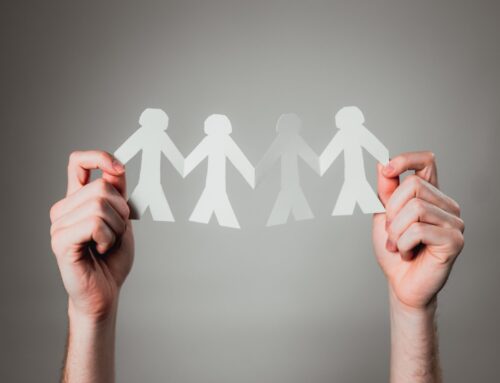When people talk about forgiveness it’s often in a religious context—as heaven’s admission price.
But forgiveness is not only for the deeply religious, it’s a fundamental human capacity—like capacities to think, work and create —that we either develop or it withers. And before we can even talk about how to develop one’s capacity to forgive, it’s clear that many people need to understand that there is a practical non-religious, here-and-now benefit to forgiving.
Blame is costly
When you don’t forgive you blame, hold grudges, plot and even act out revenge.
All high cost activities because they consume a lot of your energy and focus; energy and focus that you can’t devote to more important concerns.
A tech analogy
 If you’re good at technology then blame is a power-hungry app on your smart phone that puts your battery in frequent need of recharge. Your phone ( metaphor for you) also responds slowly because it’s using processing power and memory (on thoughts of blame). Unless you close the app (forgive or let something go) it consumes resources in the background even when it’s not visible.
If you’re good at technology then blame is a power-hungry app on your smart phone that puts your battery in frequent need of recharge. Your phone ( metaphor for you) also responds slowly because it’s using processing power and memory (on thoughts of blame). Unless you close the app (forgive or let something go) it consumes resources in the background even when it’s not visible.
Forgiving allows you to recapture wasted energy
The practical reason for choosing to forgive is that you stop wasting emotional and mental energy. It allows you to move your focus away from a dead-end (hate, jealously, retribution) to what matters— your relationships, ambitions and dreams.
The transgression scale doesn’t matter; from murder or betrayal, to a cocktail party insult, turning off the blame app people frees up your energy to focus on more important things.
But you must know what’s more important.
Knowing what’s important
The reason many people won’t turn off the blame app is because they don’t realise that it’s costing them something else more important. It’s like a friend of mine who constantly laments a close friend’s long ago betrayal. He focusses on the past hurt and not on a possible renewed friendship in the last years of their lives. He hasn’t asked himself what’s more important?
Indeed for any injury this is the key question to ask. What’s more important? Getting revenge or developing a relationship.
Mandela’s example
In “We can all be like Madiba,” Mandela’s forgiveness is also understood from this practical context. Mandela did not allow revenge for his transgressors wrongs to become his focus. He forgave so that he could devote all of his energy to what was really important for him: A South Africa where all men and women were equal and free.
What about you? What in your life is consuming emotional and mental energy; energy that you could devote to repairing or building something? If you’re still finding it difficult to forgive just ask yourself “What’s important?”





Any thoughts? Contributions/acknowledgments welcome.